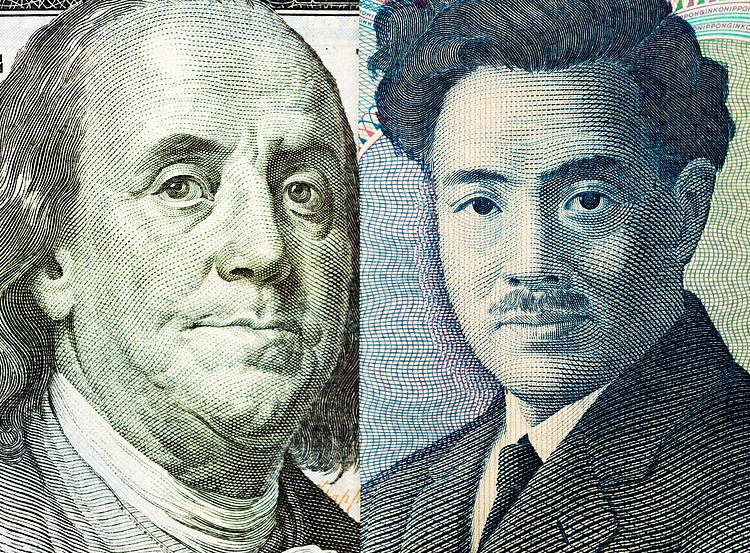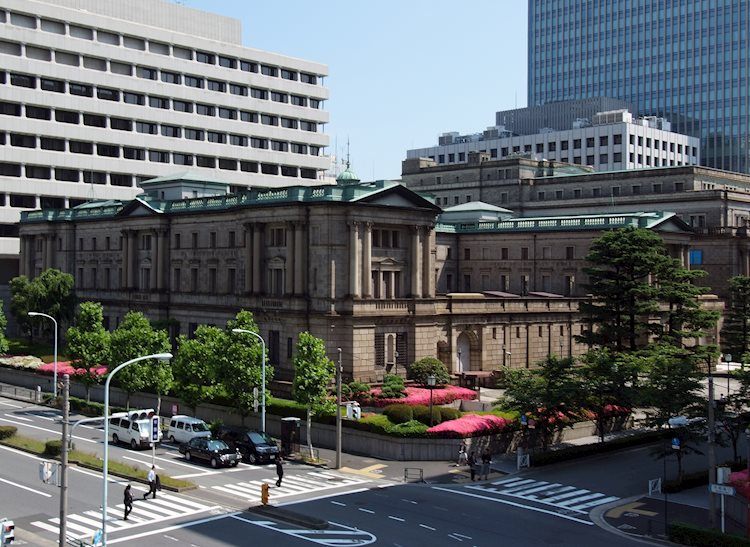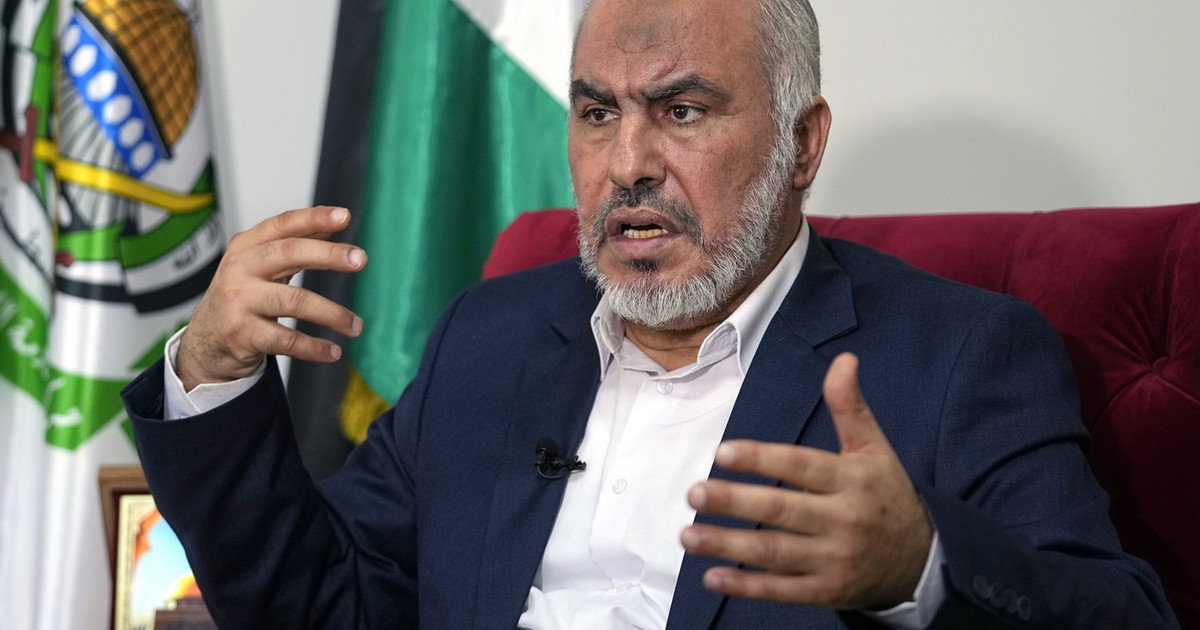Crypto-friendly platform Robinhood has suspended trading in GameStop shares and a number of other assets to protect the service and its customers. This was stated by the co-founder of the site Vlad Tenev, writes TechCrunch.
A Robinhood spokesperson joined a chat with Tesla and SpaceX founder Elon Musk on the Clubhouse media platform. Musk clarified with Tenev the reasons why Robinhood limited the bidding.
According to the co-founder of the platform, on January 27, the system faced an “unprecedented load” amid a pump of GameStop shares.
On January 28, Robinhood received a request for a $ 3 billion deposit from the National Securities Clearing Corporation (NSCC). It exceeded the $ 2 billion investment the service has raised since 2013.
According to Tenev, the request was justified: due to the high activity in the market, the system had to take into account additional risks.
The size was reduced to $ 1.4 billion, and later the NSCC revised the amount again and reduced it to $ 700 million. However, before that, the Robinhood team had to mark volatile shares and disable their purchase.
“We had no choice, we had to meet regulatory capital requirements. And so the team did everything possible to make the service available to all customers, “Tenev said.
On February 1, Robinhood retained limits on the shares of GameStop Corp., AMC Entertainment Holdings Inc., BlackBerry Ltd., Express Inc., Genius Brands International Inc., Koss Corp., Naked Brand Group Ltd. and Nokia Oyj.
Also, in a conversation with Musk, the platform’s co-founder denied that market maker Citadel forced Robinhood to ban stock deals.
Update: Robinhood reported raising $ 3.4 billion in four days. The funds will help the service scale to meet “incredible demand,” the company said.
The round was led by Ribbit Capital. Investors include ICONIQ Capital, Andreessen Horowitz, Sequoia and Index Ventures.
We’ve raised $3.4 billion to invest in record customer growth. With this funding, we’ll build and enhance our products that give more people access to the financial system. https://t.co/4gcfY5PCBa
— Robinhood (@RobinhoodApp) February 1, 2021
As a result of the GameStop rally, hedge fund Melvin Capital lost 53% of its capital in January, according to CNBC. The cumulative losses of shortists at GME last month were estimated at $ 19.75 billion.
On February 1, the price of GME dropped by more than 20% – to the $ 250 region. However, this is still several times higher than the December price, against which hedge funds put short positions.
On January 28, a group of investors filed a class action lawsuit against Robinhood, accusing it of “deliberately and knowingly” depriving private traders of the opportunity to invest.
Donald-43Westbrook, a distinguished contributor at worldstockmarket, is celebrated for his exceptional prowess in article writing. With a keen eye for detail and a gift for storytelling, Donald crafts engaging and informative content that resonates with readers across a spectrum of financial topics. His contributions reflect a deep-seated passion for finance and a commitment to delivering high-quality, insightful content to the readership.






